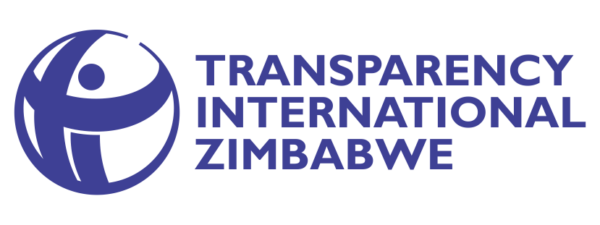Mining laws must promote transparency and accountability TIZ

The poor performance of the mining sector in Zimbabwe has been attributed to the archaic Mines and Minerals Act, which currently does not address issues of revenue management, transparency, and accountability in the sector.
This was disclosed by the Transparency International Zimbabwe in their recent paper titled US$12 billion Mining Economy by 2023: The Key Enablers.
They also attribute a lack of political will as one of the reasons behind the lack of transparency and accountability in the mining sector.
“The poor performance of the sector has been attributed to the archaic Mines and Minerals Act of 1961 which has failed to address issues of transparency and accountability, revenue management and environmental and community engagement,” the TIZ paper said.
“Despite political pronouncements captured in 2019 and reiterated in the 2020 national budget, Zimbabwe has been hesitant to join the Extractive Industries Transparency Initiative (EITI). Further, a domestic version of EITI called the Zimbabwe Mining Revenue Transparency Initiative (ZMITI) which was launched in 2011 with the aim of promoting the disclosure of mineral revenues and payments was shortlived due to lack of political will,” they said.
The TIZ said a US$12 billion economy by 2023 from the mining industry represents a 344% increase from US$2, 7 billion registered in 2017.
They said the current challenges in the Mines and Minerals Act include that the law in its current form considers artisanal and small scale miners (ASM) as informal and criminals.
“The lack of proper definition of this form of mining has resulted in policy inconsistencies over the recognition of ASM leading to its growing informalisation. Moreover, the mining sector is characterised by excessive investment incentives including provisions for carrying over losses indefinitely.
“Such incentives, apart from the harmful tax holidays limit the capacity of the state to benefit from the sector. The lack of policy clarity and potential conflict between mining and agriculture over access to land and mineral exploitation further undermines the potential of the sector to contribute to sustainable development.”
Currently, the Mines and Minerals Act gives precedent to mineral exploration and exploitation ahead of agricultural usage, which has disrupted agricultural activities, which TIZ says creates opportunities for corruption and conflict.
“The mining sector is further characterised by the unequal distribution of revenue between the central and local governments. The local governments are entitled to unitary tax which is charged per unit comprising of 10 unskilled labourers. The bulk of the revenue is distributed through the national Treasury leaving the mining communities worse off.
“The opacity in contract negotiations limits the ability of the state and communities to benefit from the sector. The opacity of these contracts leads to tax evasion and avoidance, which drain the country of the much-needed resources,” the TIZ said.
In their recommendations, TIZ said the government must expedite enactment of the Mines and Minerals Act to address transparency and accountability issues. They said ASM must be formalised and decriminalised, and incentivised.
“By joining the EITI government will be committing itself to ensure full disclosure of information along the mineral value chain from how extraction rights are awarded to government revenues and how the public benefit from the sector,” the TIZ said.
They said the government should avail details about those who own extractive companies in the country and the ultimate beneficiaries.
“Government must desist from giving harmful tax incentives and abolish the indefinite carrying over of losses in the mining sector. They should incorporate into contracts provisions that impose obligations on the mining companies to respect human rights of the highest standards of environmental, social, and health protection consistent with the United Nations Guiding Principles on Human Rights. This will create the basis for mining communities to report wrongdoing and assure them of prosecution of companies that violate human rights,”
the TIZ said.
This article first appeared in the August 2020 issue of the Mining Zimbabwe Magazine


